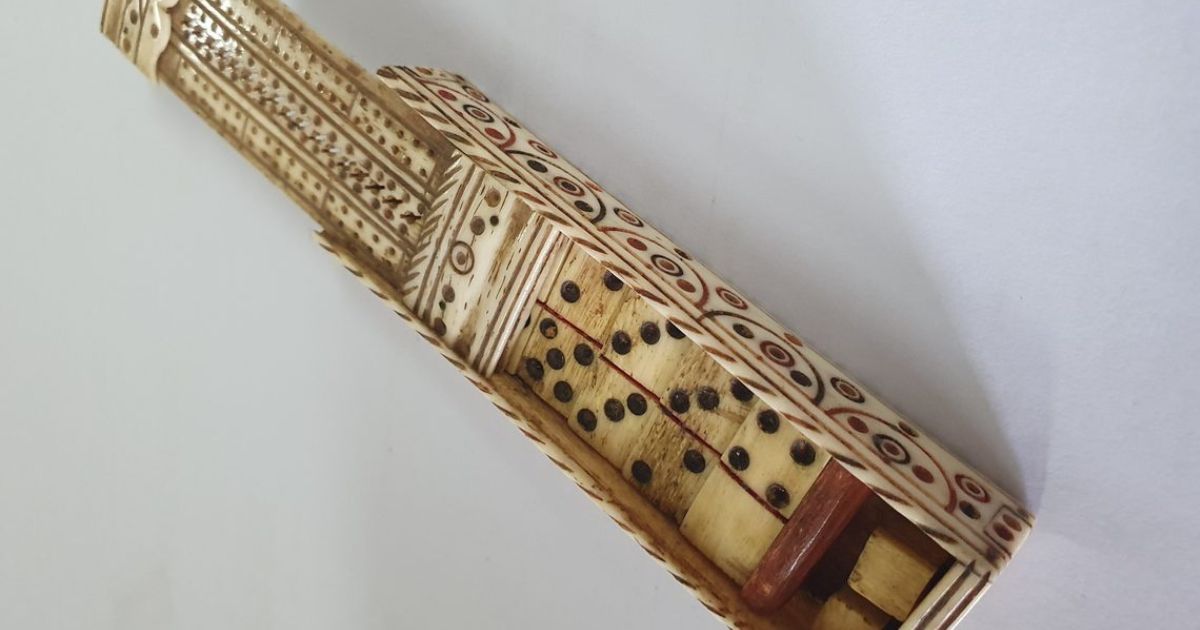Amateur apiary: a sweet way to spend your days
HOWEVER it’s enjoyed, on crumpets, in tea, from a spoon, honey is a pantry mainstay.
Jamie Trimby is a local backyard beekeeper and member of the Bendigo branch of the Victorian Apiarists Society, and for him his honey preference is straight from the hive or in a cup of coffee.
“I don’t put sugar, I just put a teaspoon of honey, that’s my preference for a sweet daily dose of honey,” he said.
The amateur apiarist has been a beekeeper for several years now and came to the hobby out of fascination with bee behaviour and communication.
“There was a time where I was recuperating from an operation and just to watch them come and go from the hive and the different colours of pollen they’re bringing in, it’s quite a good distraction if you need one,” he said.
Bees work together to regulate the hive temperature which has given them an intrinsic understanding of the weather, which Mr Trimby said often determines how he needs to interact with the colony.
“The bees can turn quite grumpy even if a large dark cloud goes over,” he said.
“I had one day where the bees were quite lovely and then a cloud was coming and I thought it was just a cloud, but actually it dropped a lot of rain, and they got quite cranky.
“So I boxed them up and five or 10 minutes later the rain hit.”
But despite being a weather dependent hobby, the value of having bees around is not lost on Mr Trimby.
“I’ve certainly noticed a difference with my own fruit and vegetables,” he said. “Just across the board there’s better pollination rates when you’ve got bees in the air.”
For commercial and hobby beekeepers, concerns are rising over the recent arrival into Australia of the varroa mite, a parasite that feeds on the larvae in beehives.
For now, it’s contained to New South Wales, but Victorian apiarists are already preparing for Varroa, and Mr Trimby said most places that have infestations lose 95 per cent of hives, which in turn impacts food crop pollination.
“It should be a concern for everyone, it will probably alter food prices, all sorts of things,” he said.
To support local bee populations, Mr Trimby said one way the public could help is to be mindful of using pesticides.
“Generally not spraying insecticides where bees are feeding or they’re located, herbicides affect them too,” he said.
Letting lawns grow a bit longer during cooler months when there is not as much food around can also help, as can planting a variety of plants in the garden.
“Having a diverse range of flora gives them that variety to bring in different nutrients into the hive,” Mr Trimby said.



















